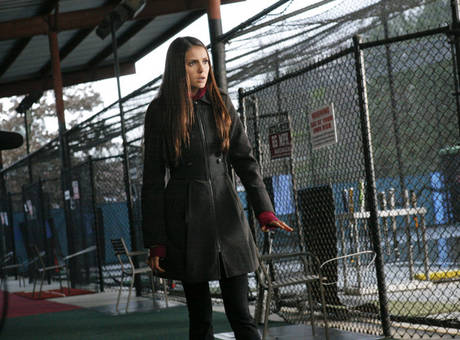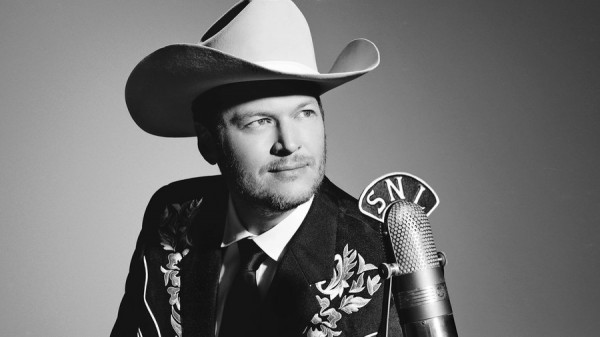Iris
Directed by Albert Maysles
USA, 2014
Wearing a dark scarf over her head to shield herself against the bright, Long Island sunlight, Little Edie Beale famously introduced her iconoclastic sense of fashion by calling her outfit “the best costume for today”. In the Maysles brothers’ documentary Grey Gardens, this single clip seems to encapsulate the greatness of that film: performance, style, agelessness. And nearly 40 years later, Albert Maysles returns to a similar, if not the same, kind of subject: Iris Apfel. In Iris, those ideas are explored with a little less than half the vitality that Grey Gardens, but on the plus side it’s a pleasure to watch.
Iris has had her face plastered upon many a magazine cover, she’s had her own jewelry and cosmetics line, and she’s been on Home Shopping Network. Her sense of fashion is, to the uninformed, gaudy and bursting with color, with various trinkets and accessories dangling from her neck and arms. She’s a spritely figure, and based on her personality you’d never guess she was in her 90s. In minor ways, she’s kind of like Little Edie Beale. Her age is not a deterrent for what she wants to do; on the contrary, she uses it to her advantage. Neither really likes “pretty”, as Iris says towards the end of the film. Eschewing notions of “conventional attractiveness”, the women transcend the idea but challenge the ideas of attractiveness through fashion, both constructing pieces from found things, primarily.
But, Iris is never more interesting than Little Edie, who, in Grey Gardens, spouts out these odd, yet entrancing and compelling philosophical ideas. It’s all a performance, certainly, with Little Edie getting the chance to really show off for the camera. Iris, in comparison, never feels that need to show off. She seems comfortable in front of the camera, her nasally voice, again, somewhat reminiscent of Little Edie. And while this process of interviews exhausts her (she’s a celebrity in the fashion and social world), she enjoys it. She feels at home performing, essentially as “herself”.
Although the fact that her focus on fashion would be inherently linked to concepts of a constructed self, strangely the film never really explores that. The question of performativity is barely even broached, even in its implicit nature. The film is far too caught up in being amazed at how expansive this person’s collection is. Everything in the film is implicit to the point of questioning its presence entirely. It is incredibly fun watching someone so spirited throw themselves into this world with such enthusiasm, but one would wish that the documentary were as committed to being thrown as joyously into this environment.
We get to explore Mrs. Apfel’s extraordinary collection of clothing, accessories and knick-knacks, and as the documentary bobs in and out of her various homes, it’s hard not to think of her as a pack rat with good taste. It’s not at all the same tone or exploitative nature as an episode of Hoarders, and we even see Mrs. Apfel give things away, opining something the along the lines of, “It’s doing no good kept up [in storage], so why not see it brighten someone else’s life?” She lends out her collection to museums, which is where the accidental stardom occurs. But, though the nature of her fame is kind of unique in that, as the film says, it occurred via word of mouth (for an exhibition at the Metropolitan Museum of Art’s Costume Institute), not much of that fame or its impact or the nature of fame in general is probed at.
As the film trollies along in a fairy conventional manner, even jumping around without much focus from Mrs. Apfel’s origins at Old World Weavers to her husband’s photography, she becomes more and more of a novelty than an actual person. She becomes somewhat like a caricature, an enjoyable one to be sure, but never human or humane, unlike a character study like Elaine Stritch (Elaine Stritch: Shoot Me) or Joan Rivers (Joan Rivers: A Piece of Work). It’s lucky she’s so lively and quippy, though, and if it’s not very insightful as a documentary, it’s at least good for a triple feature with The Devil Wears Prada and The September Issue.
– Kyle Turner






